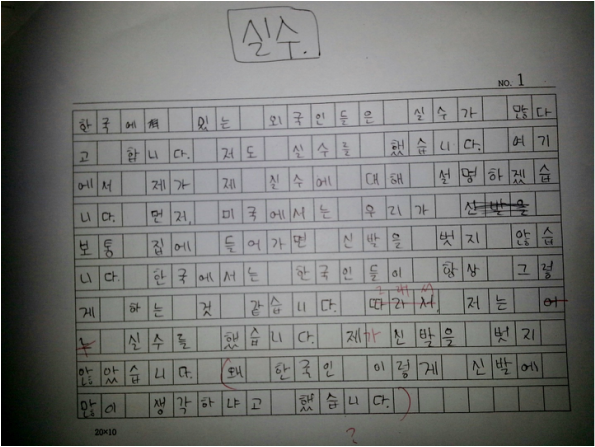But, lo, McDonald’s has announced its own shrimp burger to South Korea, and
Lotteria, worried, held a “buy one shrimp burger, get one free” in the last week of October to rally the faithful. I carefully investigated.(1)
All in the Family (of Companies). The naive foreigner likely wouldn’t guess it, but this “Natuur” brand ice cream and Lotteria are owned by the same parent mega-company (or chaebol, 제벌, based on the Japanese zaibatsu), namely Lotte Group. I learned this from my friend B.W. Cho who now works for Lotte Group. Any time two businesses are inexplicably collaborating, it’ll mean they are under the same chaebol.Korean society is dominated by these chaebol mega-companies. The biggest is Samsung. They say that Samsung alone constitutes 20% of the South Korean economy. This shocks Westerners and
I think it’s fair to say that it seems “dirty” to us, almost what we’d expect in a dystopian sci-fi world. A few mega-companies control everything? Come on. (2) Not-in-Kansas-Anymore Grammar. Part-2 here may seem cliche, because it is. But I think it’s worth pointing out: We have very little English in the above scene, but even so we get an awkward attempted semi-pun (“In-Joy Lotteria”). Then on the ice cream freezer we see another grammar error, “Pure, Nature, Freshness” (should be “Natural”; arguably “Fresh”). Oh well. No big deal and proof and testament that this is no Western franchise, anyway. Lotteria began in Japan and South Korea in the 1970s and has since spread across East Asia (though McDonald’s is still king). Then I read the wrapper:M
any foreigners in Korea say they dislike Lotteria which has always puzzled me. In fact, I’d never heard of “Lotteria” before coming to Asia. Does unfamiliarity breed contempt? Does the strange English (as above) put people off? Do they just feel McDonald’s is their natural place? They say it’s the taste. I don’t see a difference.Oh, one more thing: The name. “Lotteria” It took me a long time to figure out how to pronounce it. It is pronounced flatly, without accent (that is, it is not “loh-teh-REE-ah”, the style that would fit the Spanish tongue). The name comes from its parent company, Lotte Group. Its original meaning was “Lotte Cafeteria”, shortened to “Lotteria”. This I also know from B.W. Cho, who as a new worker for the company had to pass a test about company culture and history.






